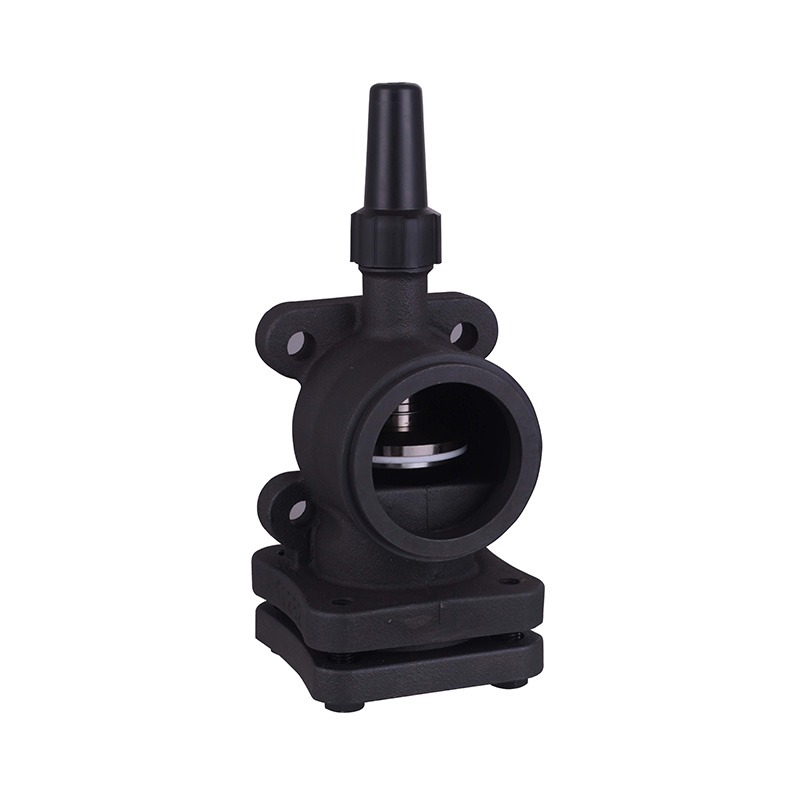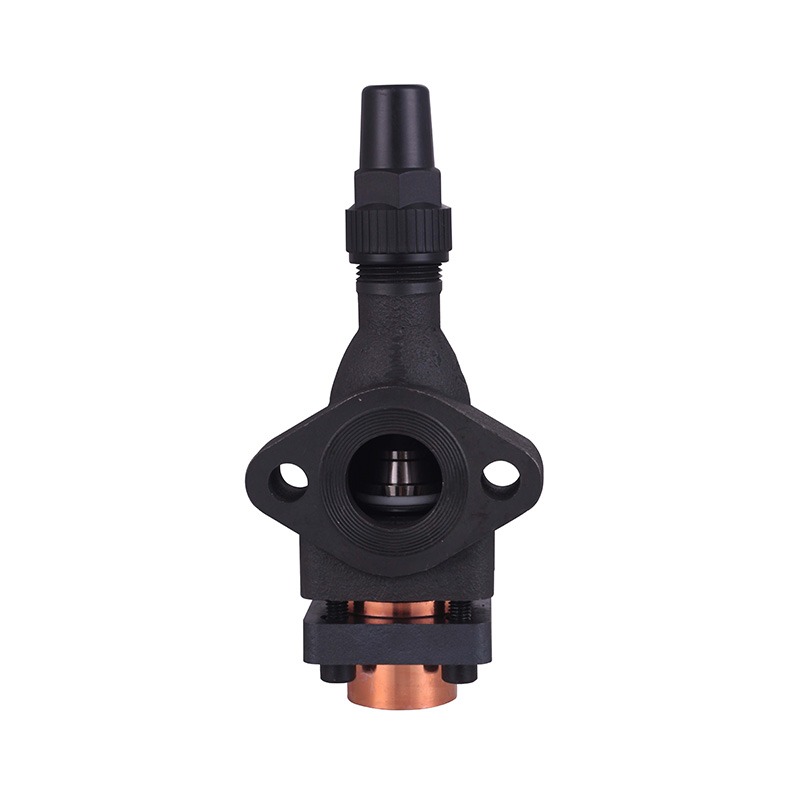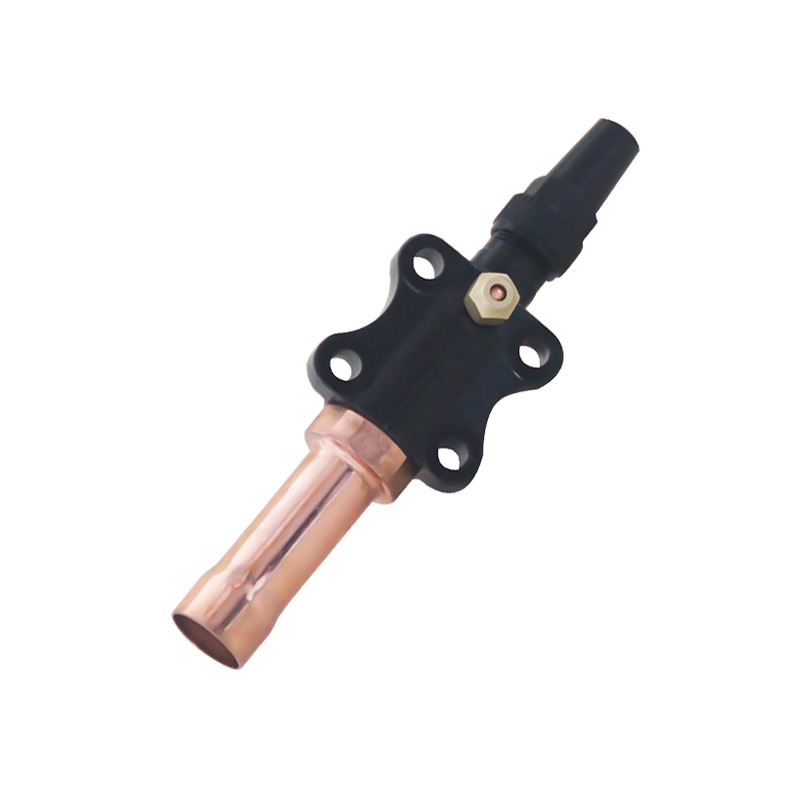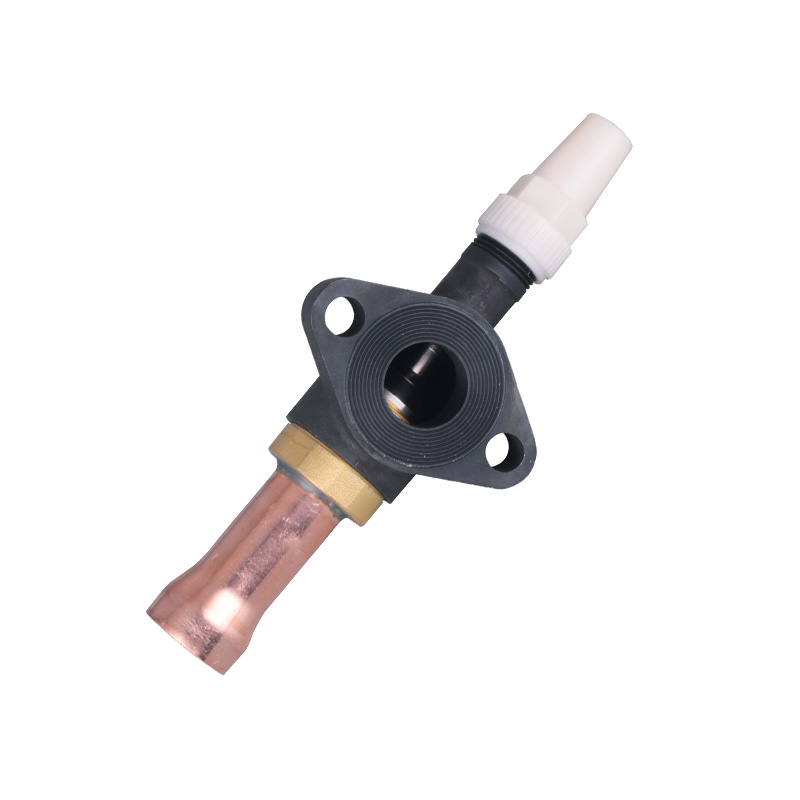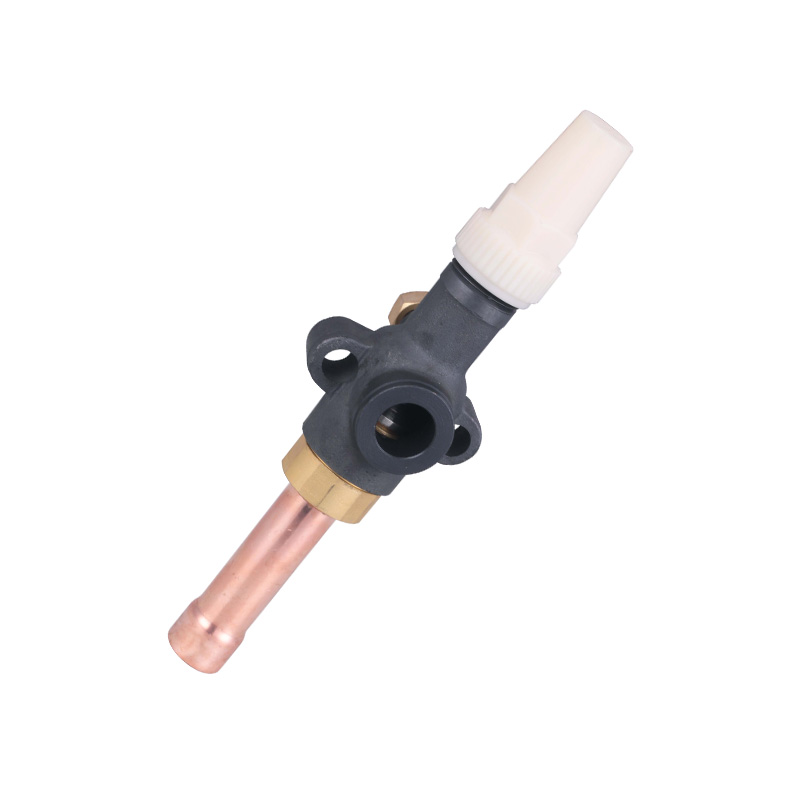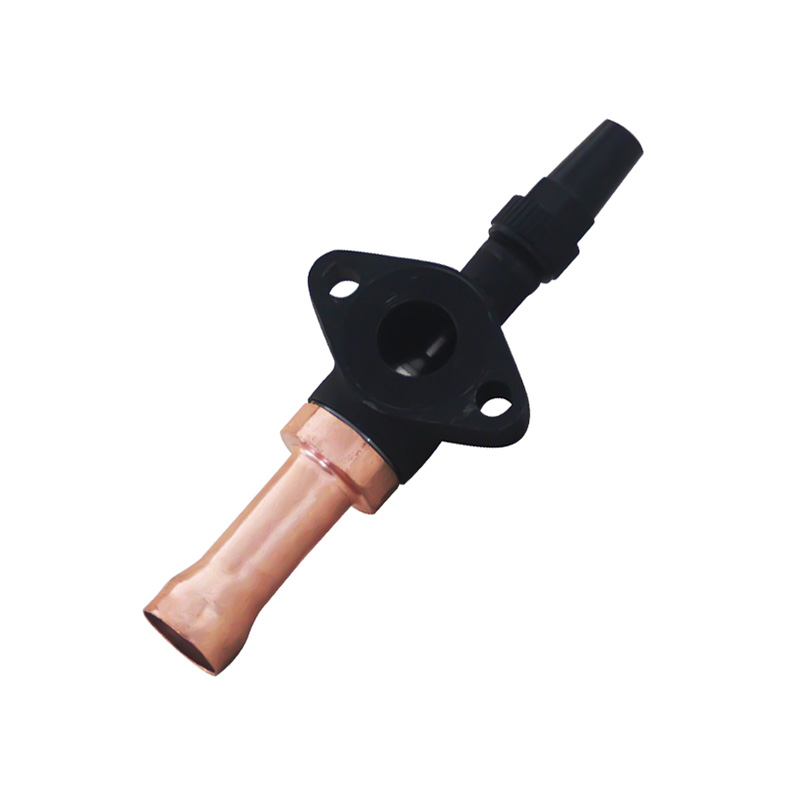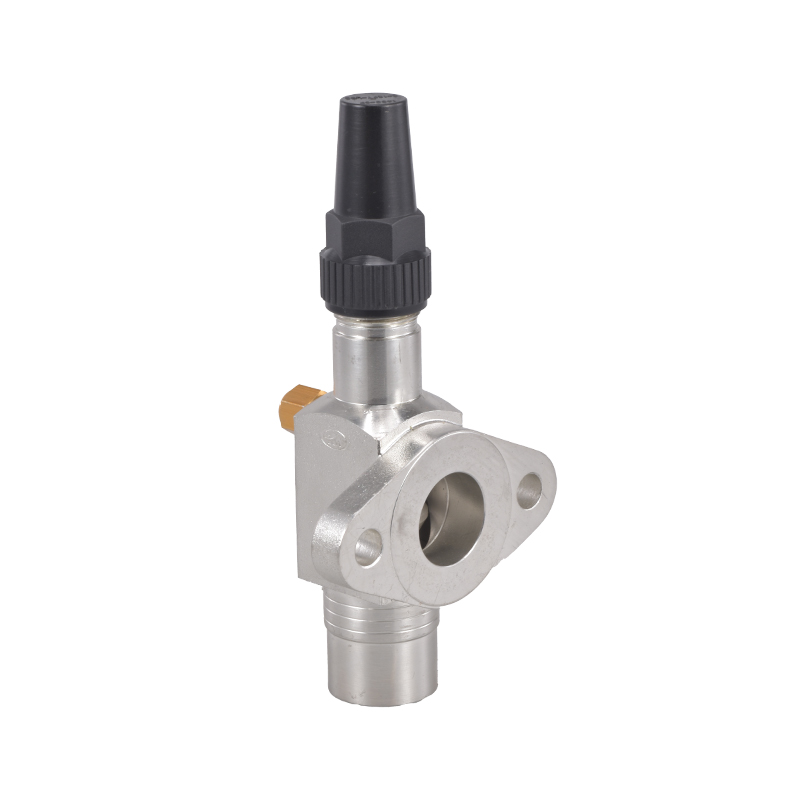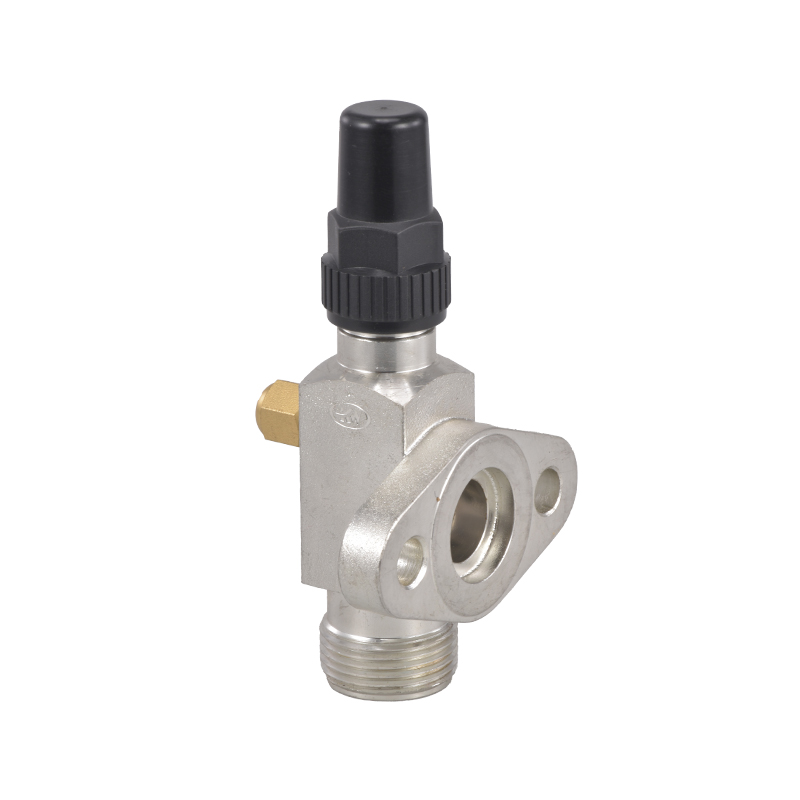When to Choose a Water Cooled Vacuum Pump Over Air Cooled?
 By Admin
By Admin
Understanding the Refrigerant Evacuation Process
The process of refrigerant evacuation is a critical step in maintaining the integrity and efficiency of a vacuum pump condenser system. Whether it's during maintenance, installation, or repair, removing all traces of air, moisture, and non-condensable gases is essential for good performance. This is where the choice between a water-cooled and air-cooled vacuum pump becomes relevant.
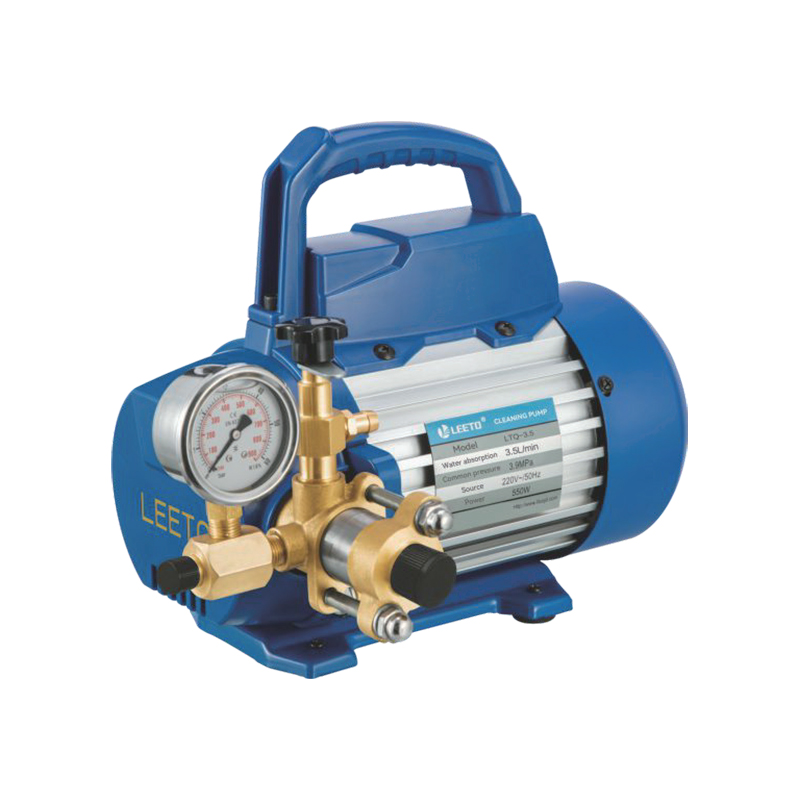
Water-Cooled Vacuum Pumps: When to Opt for Them
1. High-Capacity Applications: In environments where a large volume of refrigerant needs to be evacuated quickly, a water-cooled vacuum pump is often the preferred choice. The cooling effect of water allows for a more rapid and efficient evacuation process, making it ideal for large-scale vacuum pump condenser systems.
2. Continuous Operation: For facilities that require continuous operation of their vacuum pump condenser systems, water-cooled pumps are more suitable. They can operate for extended periods without the risk of overheating, ensuring a consistent and reliable evacuation process.
3. Energy Efficiency: Water-cooled vacuum pumps can be more energy-efficient in the long run, especially in environments where cooling water is readily available and can be effectively managed. The use of water for cooling reduces the energy consumption compared to air-cooled pumps, which rely on ambient air temperatures.
4. Noise Reduction: In applications where noise is a concern, water-cooled vacuum pumps are quieter than their air-cooled counterparts. The water cooling system helps to dissipate heat more quietly, making them a better choice for noise-sensitive environments.
5. Space Constrained Areas: For vacuum pump condenser systems installed in areas with limited space, water-cooled pumps can be a more compact solution. They do not require large heat exchange surfaces like air-cooled pumps, which can take up significant space.
Air-Cooled Vacuum Pumps: Their Place in the Market
While water-cooled vacuum pumps offer several advantages, air-cooled pumps still have their place in the market. They are simpler to install and maintain, as they do not require a water supply or complex cooling systems. Air-cooled pumps are also a good choice for smaller vacuum pump condenser systems where the capacity requirements are not as high.
Comparing the Two
When deciding between a water-cooled and air-cooled vacuum pump for refrigerant evacuation, several factors must be considered:
- System Capacity: Larger systems may benefit from the high-capacity capabilities of water-cooled pumps.
- Operational Duration: For systems that need to run continuously, water-cooled pumps are more reliable.
- Energy and Resource Availability: The availability of water and the cost of energy can influence the choice between the two.
- Environmental Considerations: Noise and space constraints can also play a role in the decision-making process.
The decision to choose a water-cooled vacuum pump over an air-cooled one for a vacuum pump condenser system is not one to be taken lightly. It requires a thorough understanding of the system's requirements and the environment in which it operates. By considering the factors discussed above, professionals can make an informed decision that will cause a more efficient and effective refrigerant evacuation process. Whether it's for high-capacity needs, continuous operation, energy efficiency, noise reduction, or space constraints, water-cooled vacuum pumps offer distinct advantages that make them a compelling choice in many scenarios.




 English
English русский
русский Deutsch
Deutsch
